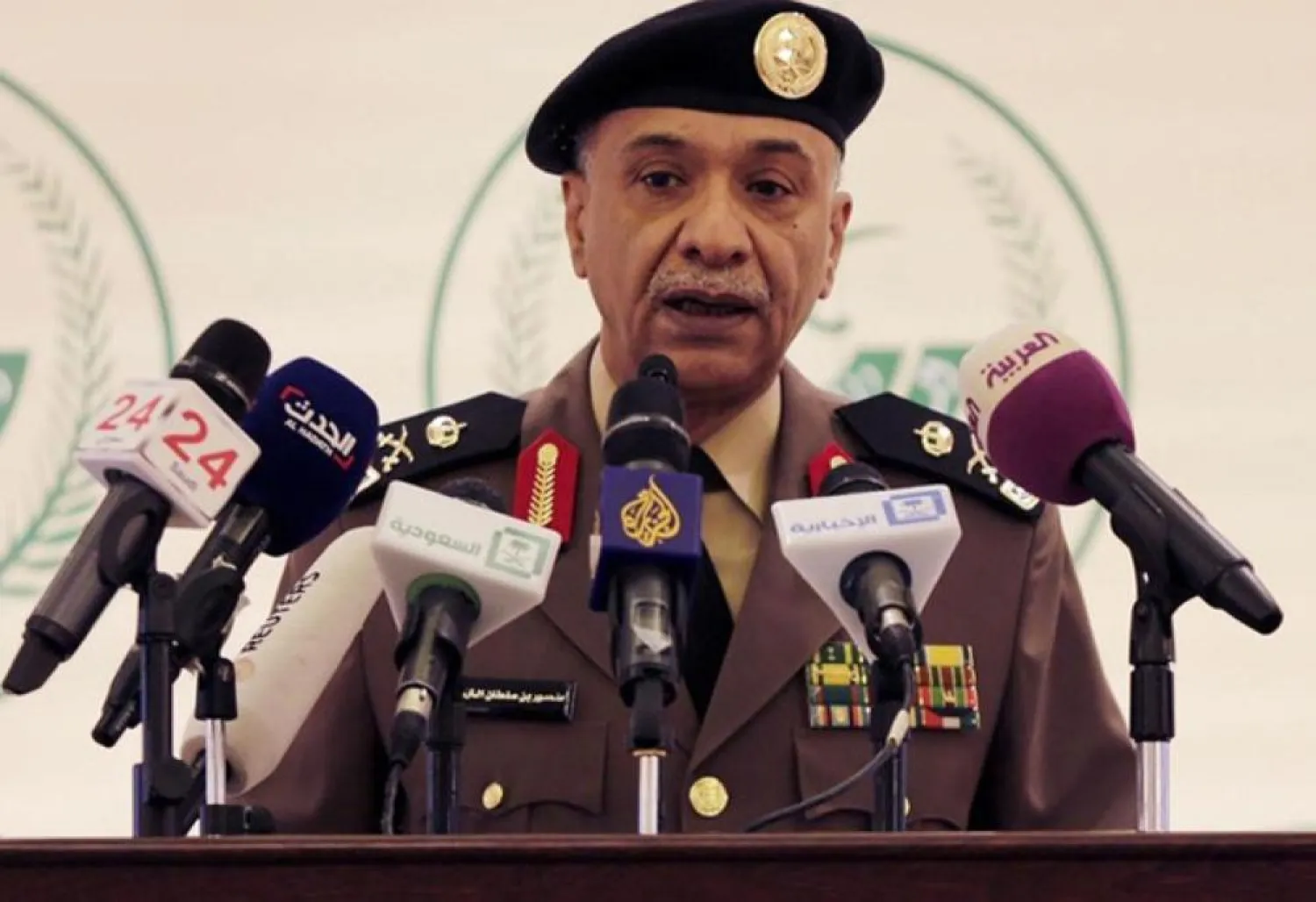Saudi security authorities announced on Monday that Iran is supporting terrorist groups to carry out their attacks on behalf of states that sponsor terrorism.
These terrorist groups include Houthi militias in Yemen, the Lebanese “Hezbollah”, ISIS and the terrorist elements in Qatif province in eastern Saudi Arabia.
This came as authorities officially announced that they have found in Qatif the corpse of Sheikh Mohammed al-Jirani, a judge of the Department of Endowments and Heritage. He was kidnapped from in front of his home last week.
He was buried in a remote farm in Awamiya and was discovered during a security operation in which fugitive Salman al-Faraj was killed.
Spokesman for the Ministry of the Interior Major General Mansour al-Turki said that there is support from outside Saudi Arabia for terrorist militias, especially media support, pointing to the existence of media trumpets acting on behalf of these groups.
“Terrorism sponsors avoid leaving evidence of their involvement to not be condemned internationally however they form proxy groups to carry out terrorist acts that are supported and financed by them, like the Houthi militias in Yemen and ‘Hezbollah’ in Lebanon,” he added.
He also confirmed the death Salman al-Faraj, one of Jirani’s kidnappers, as well as the arrest of his half-brother Zaki al-Faraj.
He said that the Kingdom provides all resources available for the security services to track the terrorists and arrest them.
The interior ministry added that it will continue to combat these terror-related crimes and called on anyone who has any information about the others involved in the crime to contact relevant authorities.
Those involved in the crime are said to be Mohammed Hussein Ali al-Ammar, Maytham Ali Mohammed al-Qodeihi and Ali Bilal Saud al-Hamad.









